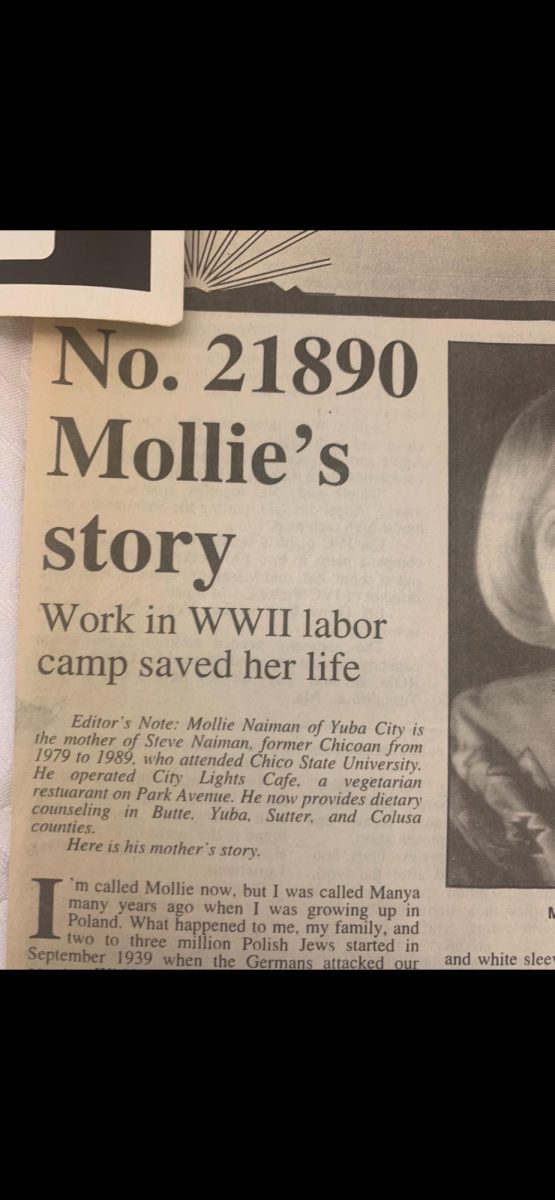Movie Review: “Your Name”
The first time I watched Kimi no Na Wa, or in English, Your Name, I was confused. I had no idea what was happening but I was engrossed in the emotions the film portrayed. The film starts with a voice over narration of two high school students, Mitsuha and Taki. They speak about their dreams, how it feels as if some part of them were missing, as a blue comet shoots over tranquil blue sky.
After an unforgettable and jarring rock anthem by the RADWIMPS, we are taken to Mitsuha awakening in her room; however, she doesn’t seem like herself. We suddenly realize that she is actually Taki through various overplayed Freaky Friday stereotypes: the moment of shock provided by a mirror, the groping of new anatomical parts, and amnesia when encountering family members. Director Makoto Shinkai suddenly cuts to the next day, with no hint of passing time. We only find out when Mitsuha’s grandma comments about how she is “back to normal” after an eventful day.
The repeated switches between bodies and lives allows them to realize the other’s life is as authentic as their own. They embrace their contrasting lives and ignore rules set by smartphone diaries to keep their lives as stable as possible. Taki and Mutsuha’s comedic interactions with each other allow us to fall in love with them as characters. However, just as everything starts to make sense, it is all ripped away by fate. What began so full of life and love begins to buckle under the weight of tragedy, loss, and sacrifice.
Even though Taki and Mitsuha are thrust together on a fated journey much more complex than the presumed Freaky Friday body switching, they have the free will to change their ending. Fate forces them to accept their lives by giving value and appreciation to what they already have. However, it also seeks to render that dream futile—Mitsuha’s dream of living in the city as a boy and Taki’s dream of leaving the city are deemed unworthy of fruition by fate. Yet somehow, through supernatural means, they are able to conquer their destiny.
In a way, the illogical nature of Kimi no Na Wa, enhanced my perception of the movie. It refused to adhere to preconceived notions of its genre and reality which changed the way I view romance in cinema. Shinkai managed to seamlessly imbue philosophical concepts like destiny, free will, and fate throughout the plot while also allowing the audience to experience raw emotion through comedic and sentimental dialogue. Kimi no Na Wa’s beautiful animation, masterful soundtrack, emotional brilliance, and intellectual excellence will make the film a timeless piece of art. I believe everyone should at least watch this movie once, both for the story and the mere experience of watching, what I think is, a masterpiece in today’s world of film animation.

Ethan is a senior and this is his second year on the Saga. He likes to play video games like Valorant in his free time.
Elaina Truong is a junior at Pleasant Valley, and this is her second year writing for The Saga. Elaina chooses to write because she wants to communicate...
































